Currently, there are many cases of poisoning but there is no medicine to treat it, the medicine reaches the patient's bed but the patient is in critical condition, which is ringing the alarm about the issue of stockpiling rare drugs. Regarding this issue, Mr. Le Viet Dung, Deputy Director of the Department of Drug Administration, Ministry of Health, has answered the press.
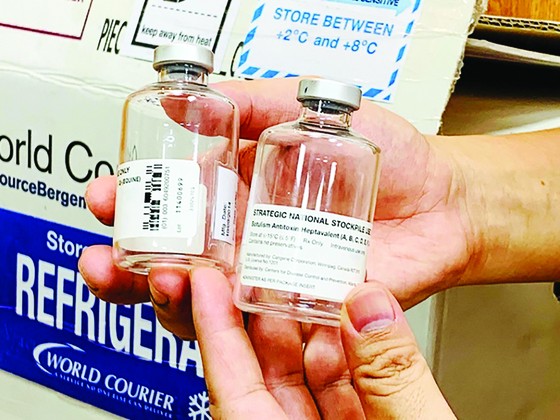
Sir, recently, after a number of cases of Botulinum poisoning occurred in Ho Chi Minh City, how has the Ministry of Health resolved the situation to have rare drugs to treat patients?
Mr. Le Viet Dung: Regarding the recent cases of Botulinum poisoning in Ho Chi Minh City: Immediately after the Ministry of Health received the report from the Ho Chi Minh City Department of Health on May 21 and Cho Ray Hospital on May 23, following the direction of the Ministry of Health's leaders, the Ministry of Health immediately contacted domestic and foreign drug suppliers and the World Health Organization (WHO) to have medicine available as soon as possible.
To speed up the process of receiving drugs, the Ministry of Health has proactively contacted WHO to request support in searching for drugs from regional and global drug reserves to be able to respond to domestic treatment needs as soon as possible.
WHO announced that there are currently 6 vials of the drug in the global warehouse in Switzerland and immediately sent an expert to transport the drug to Vietnam on the same day. And by May 24, the drug was transferred to Vietnam and the Ministry of Health immediately transferred it to medical facilities to treat patients.
What plans does the Ministry of Health have for this in the near future?
Mr. Le Viet Dung: Implementing the Prime Minister's direction, the Ministry of Health has been urgently implementing the establishment of centers for storing rare drugs and drugs with limited supply, with the plan to establish 3-6 centers nationwide.
The number of drugs listed in the reserve is about 15-20 types and Botulinum is also one of the drugs in this list.
The Drug Administration is also meeting with WHO to study the WHO's storage mechanism, and how to have a connection between the storage of rare drugs, drugs with low supply in Vietnam as well as neighboring countries in the region, as well as WHO's warehouses.
Currently, the legal basis for rare drugs is basically complete, therefore, at the same time, the Drug Administration has issued documents requesting medical examination and treatment facilities across the country to be proactive in building demand, forecasting the epidemic situation, as well as estimating the necessary quantity and purchasing drugs to ensure adequate response to treatment needs, especially for rare drugs.
What are the recommendations for preventing botulinum poisoning, sir?
Mr. Le Viet Dung: According to the recommendations of the Food Safety Department (Ministry of Health), specifically in production and processing, it is necessary to use ingredients that ensure food safety, complying with the requirements of hygiene regulations in the production process. In the production of canned foods, it is necessary to strictly follow the sterilization regime;
Only use food products and food ingredients with clear origin and source. Absolutely do not use canned products that are expired, swollen, flattened, deformed, rusted, not intact, or have unusual odors or colors.
Eat well-cooked food and drink boiled water. Prioritize eating freshly prepared and cooked foods.
Do not pack food tightly and leave it for a long time without freezing. For fermented foods, pack or cover them tightly in the traditional way (such as pickles, bamboo shoots, pickled eggplants...) to ensure they are sour and salty. When the food is no longer sour, it should not be eaten.
When symptoms of Botulinum poisoning appear, go immediately to the nearest medical facility for timely diagnosis and treatment.
Source




![[Photo] Binh Trieu 1 Bridge has been completed, raised by 1.1m, and will open to traffic at the end of November.](https://vphoto.vietnam.vn/thumb/1200x675/vietnam/resource/IMAGE/2025/10/2/a6549e2a3b5848a1ba76a1ded6141fae)







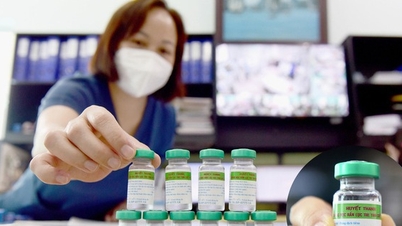

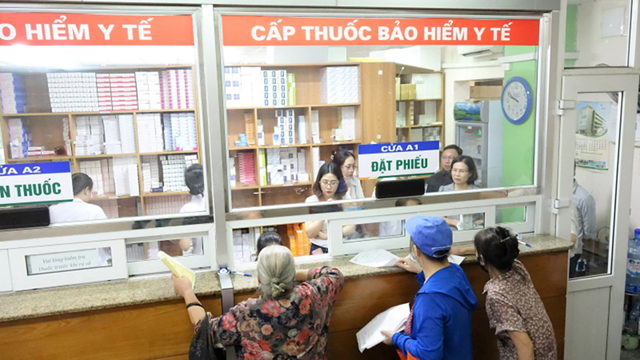


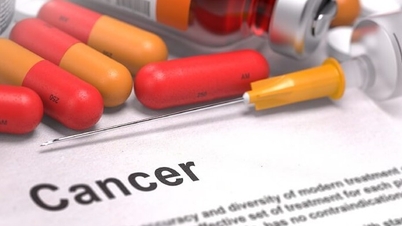
![[Video] Ministry of Health issues document to rectify medical examination and treatment work](https://vphoto.vietnam.vn/thumb/402x226/vietnam/resource/IMAGE/2025/10/2/54913f30a9934e18bcbb246c2c85f11d)


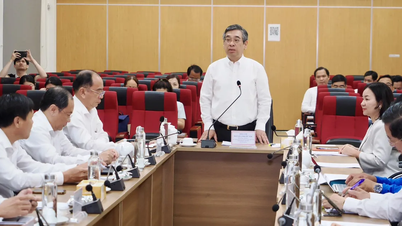
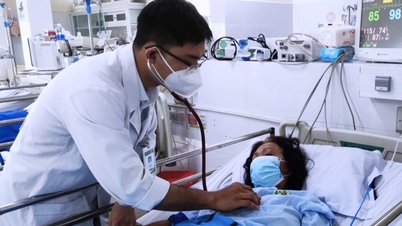

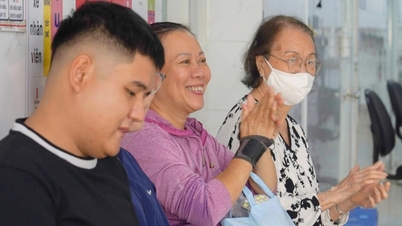
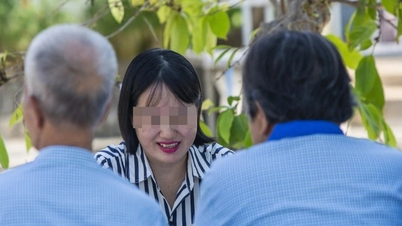


























































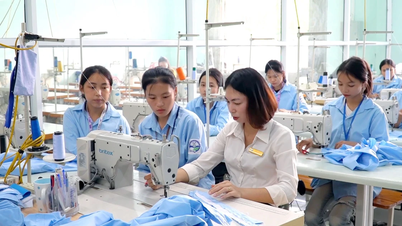
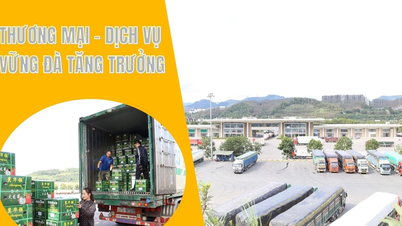
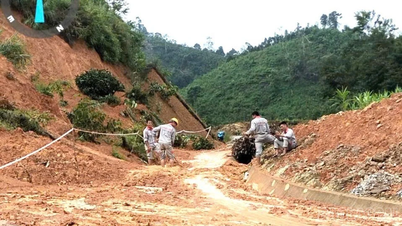















Comment (0)